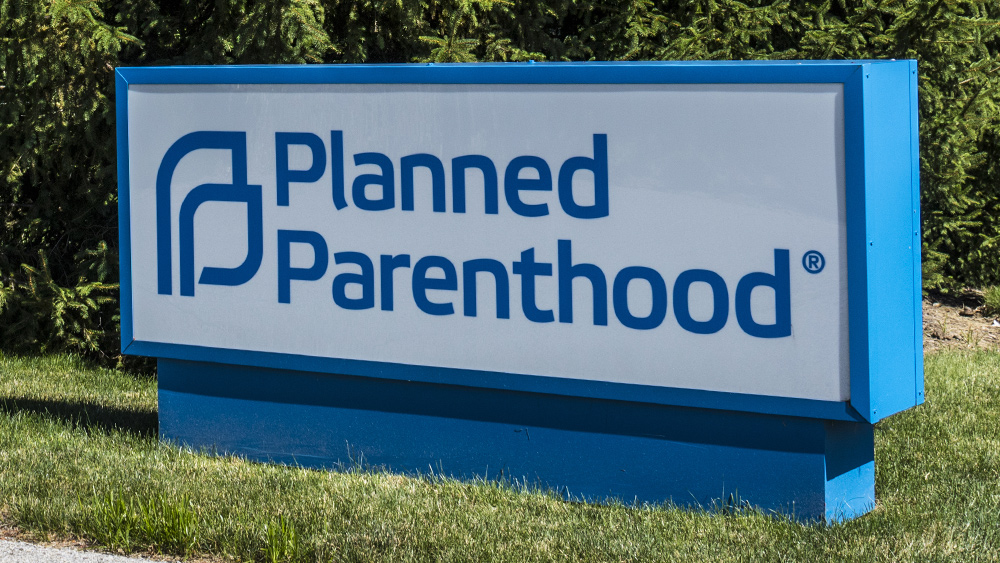 Parler
Parler Gab
Gab
- The school increases their tuition.
- The student takes out federal loans to cover the tuition increase.
- The school squirrels away the debt-financed tuition increase into an LRAP fund.
- The school disburses money from the LRAP fund to cover PSLF repayments.
Tips to rig the system circulating on Twitter
There are tips going around Twitter showing many examples of how to rig the system, such as to borrow the maximum loan eligibility and "illegally" invest the money. (Related: Massive student loan fraud scam: 99.8% of repayment data fraudulently altered by schools.) The new Biden plan makes the income-driven repayment schemes even more generous, with changes that could allow every school to have the possibility of using a law school-like program to shift the costs onto the taxpayers. According to CNBC, the average burden per U.S. taxpayer for the new federal debt cancellation will be $2,503.22, as per estimates from the National Taxpayers Union. Computations show that low-income taxpayers, or those earning between $1 to $50,000, would have an average additional cost of $190. Those whose gross incomes fall between $50,000 and $75,000 would shoulder $1,040, while those earning between $75,000 and $100,000 would shoulder $1,774. For those with incomes of $100,000 to $200,000, their share would be $3,791. High-income taxpayers earning between $200,000 to $500,000, would have an additional cost of $11,940. This is based on the assumption that policymakers would need to make up for the total tally of the forgiveness through tax increases, spending cuts, borrowing or a combination of these strategies. Bruenig said the new rules could quite radically alter the incentives of schools and students when it comes to college prices, institutional financial aid, how much debt should be taken on and how to approach repayment. The programs are likely to be very expensive that could result in an increase in the price of tuition, which could later lead to calls to either end the program or have price controls on education. Visit DebtCollapse.com for more updates about Biden's student loan debt forgiveness plan. Watch the video below for a rundown of Biden's student loan forgiveness. This video is from the Win in Court(U.S.A.) channel on Brighteon.com.More related stories:
Former Trump adviser: Student loan forgiveness plan likely to backfire on Dems.
Sources include: MarginalRevolution.com CNBC.com Brighteon.comGod save the world: King Charles III supports Great Reset agenda
By Mary Villareal // Share
Beijing influencing media outlets in a bid to create a more positive reputation for China
By Mary Villareal // Share
China is HARVESTING the DNA of Tibetans to create a database and control the population
By Arsenio Toledo // Share
Gun control reveals that ‘merchant code’ is a stepping stone to watchlists and bans
By News Editors // Share
A top Russian official quoted the Book of Revelation to describe what will soon happen to America
By News Editors // Share
Governments continue to obscure COVID-19 vaccine data amid rising concerns over excess deaths
By patricklewis // Share
Tech giant Microsoft backs EXTINCTION with its support of carbon capture programs
By ramontomeydw // Share
Germany to resume arms exports to Israel despite repeated ceasefire violations
By isabelle // Share










